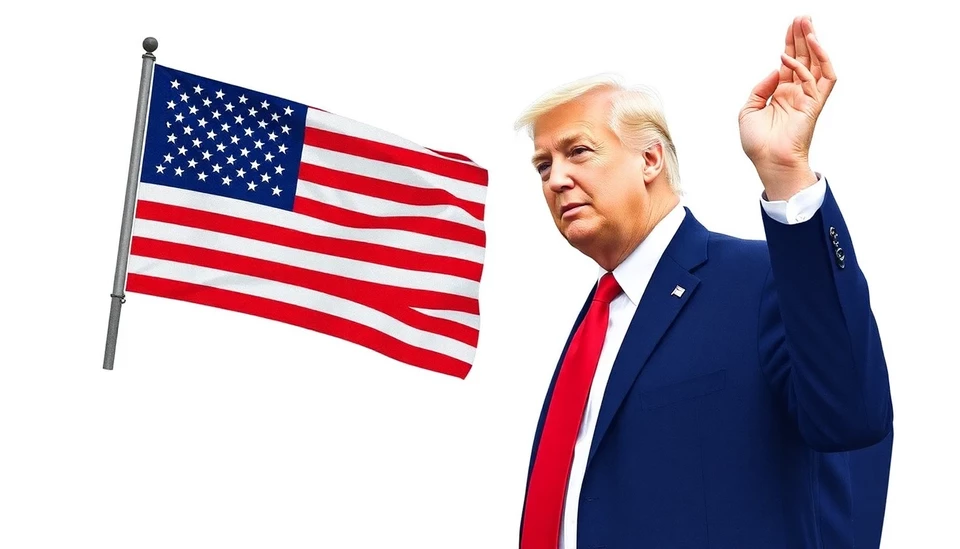
In a bold move that could significantly alter the dynamics of international trade, former President Donald Trump has unveiled a new tariff proposal designed to target countries with substantial trade deficits with the United States. This proposal is set to be a cornerstone of his economic platform as he prepares for the upcoming presidential election.
The essence of Trump's "reciprocal tariff formula" suggests that the U.S. would impose tariffs equivalent to the trade deficits incurred with individual nations. For instance, if the U.S. has a trade deficit of $100 billion with a particular country, that nation would face a corresponding $100 billion tariff on its exports to the U.S. This could drastically shift how global trade relationships are structured and potentially lead to heightened tensions between the U.S. and its trading partners.
Trump emphasizes that this strategy is not merely about increasing revenue through tariffs but is predominantly focused on creating a fairer trading environment where countries are held accountable for their trade practices. He argues that many nations engage in trade practices that disadvantage American workers and companies, resulting in substantial deficits that need rectification.
The implications of such a policy are multifaceted. Economists warn that while reducing trade deficits could be beneficial, imposing heavy tariffs may lead to retaliation from other countries, which could spark a global trade war. There’s also concern over potential inflationary effects on American consumers, who might face higher prices on imported goods as tariffs kick in.
Critics of the plan are vocal, arguing that Trump's approach could lead to job losses in sectors that rely heavily on imported materials and components. Businesses that depend on global supply chains might find it challenging to absorb the cost increases brought by tariffs, potentially leading to layoffs and higher prices for consumers.
Furthermore, international relations may suffer as nations with existing trade agreements feel the pressure of rising tariffs. Countries such as China and members of the European Union have historically opposed unilateral tariff impositions, which they view as unfair trade practices and an attack on free trade principles. Some may retaliate with their tariffs, leading to a tit-for-tat escalation that could destabilize not just the U.S. economy but also the global economy at large.
As Trump seeks to rally his base around this new proposal, the reaction from voters remains to be seen. Proponents argue that a more aggressive trade stance is necessary to protect American jobs and industries from foreign competition. In contrast, opponents stress the need for diplomatic solutions to trade disagreements rather than an aggressive tariff strategy.
In summary, Trump's reciprocal tariff formula marks a significant departure from traditional trade policies, with intentions to reshape how the U.S. engages in global trade. Whether it will successfully curb trade deficits or lead to a more complicated economic landscape remains uncertain.
#TrumpTariffs #TradeDeficits #InternationalTrade #Economy #GlobalTradeWar
Author: Rachel Greene




